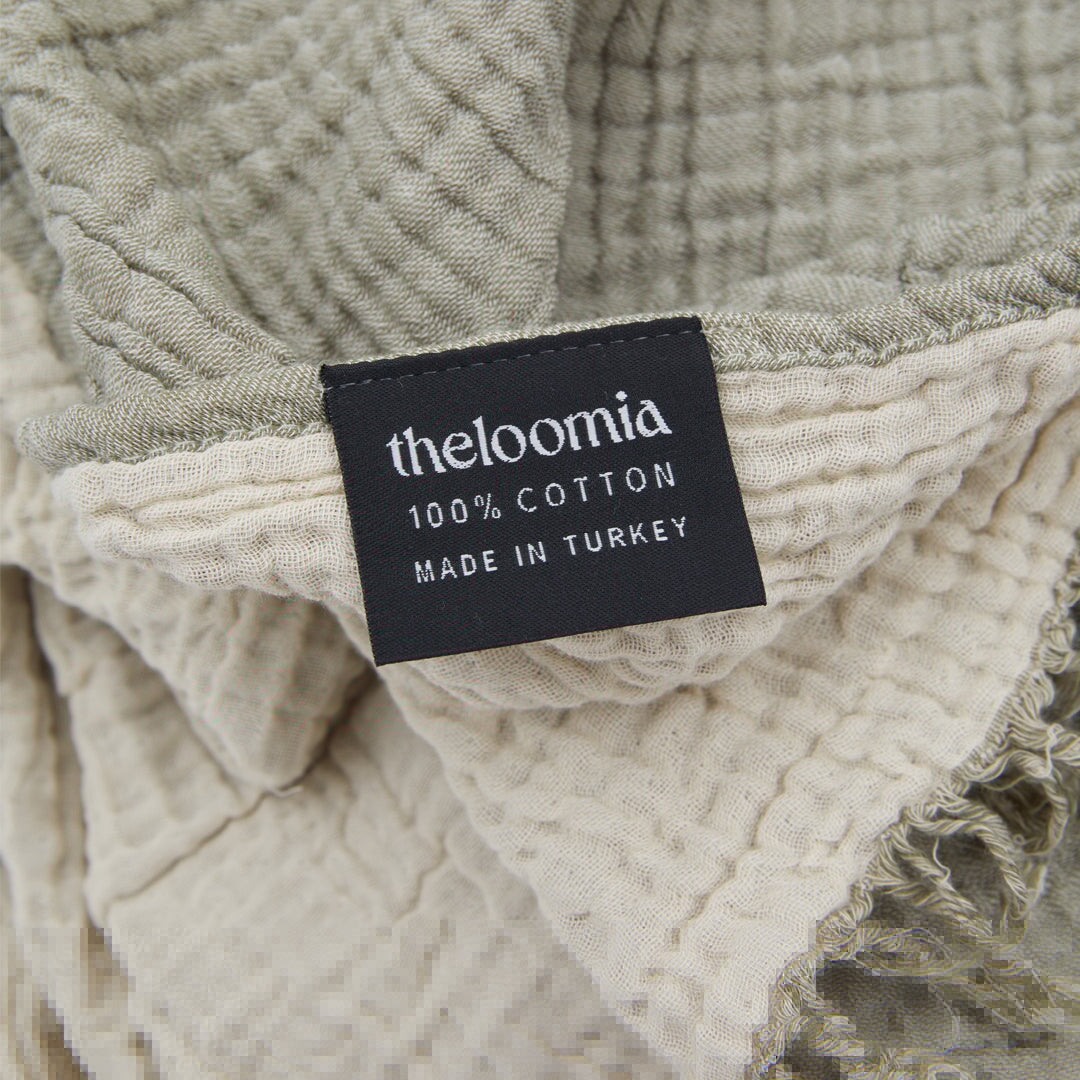In addition to being highly absorbent, Turkish cotton also dries quickly. This quick-drying property is particularly useful for towels, as it helps prevent the growth of mold and mildew, keeping your towels fresh and clean for longer periods.
What is the Difference Between Other Cotton?
Cotton comes in various types, each with its own set of characteristics and uses. Understanding these differences can help you choose the right cotton for your needs.
Pima Cotton
Pima cotton is known for its extra-long fibers, which contribute to its softness and durability. It is primarily grown in the United States, Peru, and Australia. Pima cotton is often used in high-quality sheets and clothing because of its silky feel and ability to withstand wear and tear.
Upland Cotton
Upland cotton is the most widely grown type of cotton in the world, particularly in the United States. It has shorter fibers compared to Turkish and Pima cotton, making it less soft and durable. Upland cotton is commonly used in everyday items like basic clothing, bed linens, and towels.
Organic Cotton
Organic cotton is grown without the use of synthetic pesticides or fertilizers, making it an eco-friendly choice. While it can be any variety of cotton, the focus is on sustainable farming practices. Organic cotton products are popular among those who prioritize environmental sustainability and natural products.
Turkish Cotton vs Egyptian Cotton
Similarities
Both Turkish cotton and Egyptian cotton are known for their long fibers, which contribute to their high quality, softness, and durability. These premium cottons are often used in luxury textiles, offering a similar level of comfort and performance.
Differences
While Turkish cotton and Egyptian cotton share many qualities, they do have some differences. The climate and soil in which they are grown can affect the texture and feel of the cotton. Turkish cotton tends to be slightly more absorbent and dries faster, making it ideal for towels. Egyptian cotton, on the other hand, is often softer and has a more silky feel, making it a popular choice for high-end bed linens.
Usage in Products
Turkish cotton is perfect for items like towels, bathrobes, and hand towels due to its quick-drying properties. Egyptian cotton, with its luxurious feel, is often used for sheets, pillowcases, and duvet covers. Both types of cotton provide exceptional comfort and quality, but their specific properties make them better suited for different uses.
Advantages of Turkish Cotton
Longevity
Turkish cotton is incredibly durable, thanks to its long fibers. The products made from Turkish cotton can maintain their quality and softness even after repeated use and washing. Investing in Turkish cotton items ensures that you’ll enjoy their luxury for years to come.
Economical
While Turkish cotton is considered a premium product, it is often more affordable than other luxury cotton types like Egyptian cotton. This makes it a cost-effective option for those looking to enjoy high-quality cotton without breaking the bank.
Versatility
Turkish cotton is highly versatile and can be used in a variety of products. From towels and bathrobes to bed linens and beach towels, Turkish cotton provides the perfect balance of softness, absorbency, and durability. Its versatility makes it a great choice for a wide range of textile products.
Eco-friendliness
Many Turkish cotton producers use sustainable farming practices, which is good news for eco-conscious consumers. Choosing Turkish cotton products can help support environmentally friendly practices, ensuring that you’re making a responsible choice for the planet.
What is a Turkish Cotton Towel?
A Turkish cotton towel is a towel made from the premium cotton grown in Turkey. Turkish towels are known for their exceptional softness, absorbency, and durability.
Popular Uses
Turkish cotton towels are versatile and can be used in various settings. They are perfect for the bathroom, offering a luxurious drying experience after a bath or shower. They are also ideal to use as beach towels, thanks to their quick-drying properties. Additionally, Turkish cotton towels make excellent spa towels, providing a touch of luxury and comfort.
Conclusion
In the world of cotton textiles, Turkish cotton stands out for its exceptional qualities. Known for its long fibers, Turkish cotton offers superior softness, absorbency, and durability, making it a favorite for towels, bathrobes, and bed linens. Whether comparing Turkish cotton to other types like Pima or Upland cotton, or to another luxury cotton like Egyptian cotton, its unique properties shine through. Choosing Turkish cotton means investing in comfort and quality that lasts. Its versatility, eco-friendliness, and cost-effectiveness make it a smart choice for anyone looking to elevate their textile experience. So next time you’re in the market for new towels or linens, consider Turkish cotton—you won’t be disappointed.


Share:
Different Cotton Types Explained: Supima vs. Pima vs. 100% Cotton vs. Turkish Cotton
Why Do White Towels Turn Yellow? And How to Prevent It